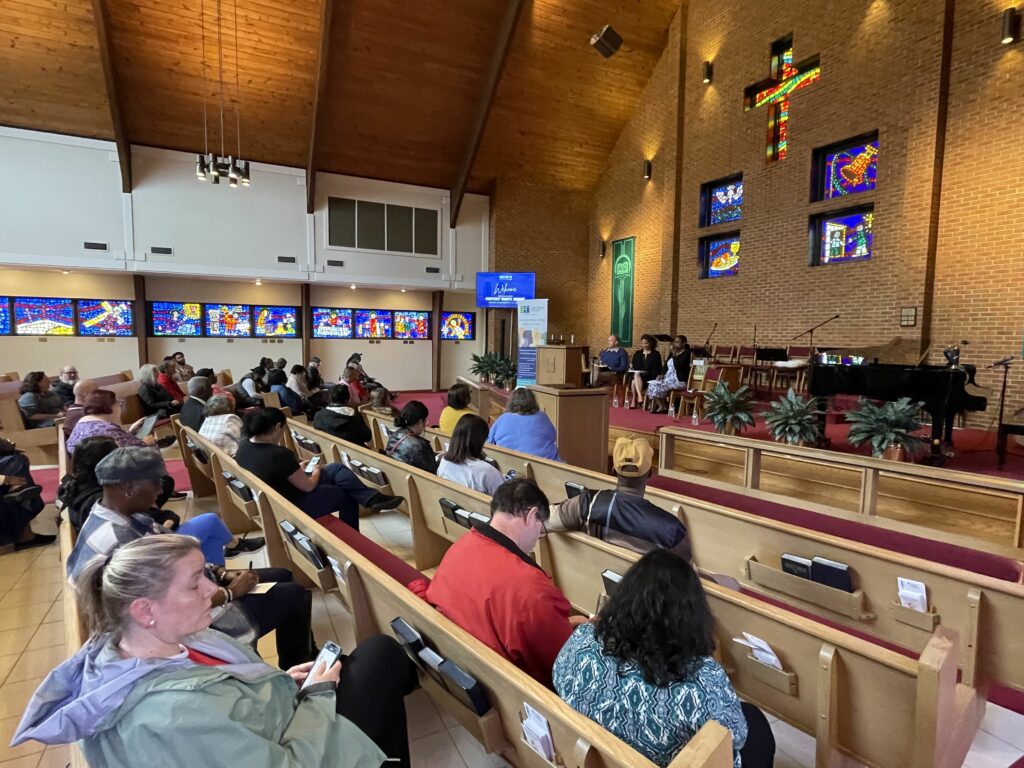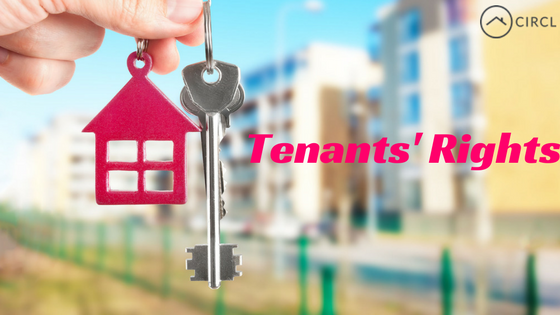
Disclaimer: The following is not intended to be legal advice.
“Georgia lags other states in tenant protection” from the Atlanta Journal Constitution’s ‘Dangerous Dwellings’ Series
According to the Atlanta Journal Constitution’s Dangerous Dwellings series, tenant-protection laws in Georgia are among the weakest in the nation. This, in turn, allows landlords to disregard health and safety concerns, charge excessive fees, and quickly evict residents who fall behind on rent.
On Sunday, November 12th, Sandy Springs Together invited four leaders in the battle to improve renters’ rights in Georgia to share there knowledge with Sandy Springs apartment residents during the first-ever Sandy Springs Speaks: Renters’ Rights Summit.
- Rep. Omari Crawford, Georgia State House District 84
- Atty. Crystal Redd, Atlanta Volunteer Lawyers Foundation and Co-Director of the Safe and Stable Homes Project
- Atty. Esther Graff-Radford, Atlanta-based Civil Litigation Lawyer
- Michael Waller, Executive Director of Georgia Appleseed
The summit provided Sandy Springs apartment renters with helpful tips and information about their legal rights and how to address issues they may have with their landlords.
Our panel of experts addressed topics such as reviewing a lease agreement to dealing with eviction and early termination issues. The following bullet points highlight general advice (not legal advice) given by our speakers during the Renters’ Rights Summit.
Lease Review:
- Make a copy of your signed lease before returning it; you may need to refer to it later.
- All apartment landlords in Georgia are required to comply with health and safety laws and provide a “safe and habitable” unit.
- Request information about the institution your security deposit will be deposited into.
- Leases remain valid even if the ownership of the building changes during your lease.
- All charges should be outlined in the lease, i.e. water, security gage, valet trash.
Maintenance Issues:
- Communicate to management, in writing, including the date and keep a copy of all correspondence.
- Take photos of the issue, if possible.
- If the maintenance issue isn’t fixed to your satisfaction, notify Code Enforcement, which is available 24/7 by phone at (770) 730 – 5600.
- If Code Enforcement is unable to rectify the issue, you may choose to contact a lawyer.
- A tenant is allowed to hire a professional contractor to make repairs, but this also has risks. You may want to check with an attorney before making this decision.
Eviction and Early Termination Issues:
- Penalties and processes for early termination of the lease by the tenant should be outlined within the lease.
- Continue paying your rent; failure to pay your rent is terms for eviction.
- Respond to an eviction notice within 7 days; DO NOT IGNORE IT.
- Try to work out a payment plan. If you are unable to do so and you feel that your eviction is unjustified, contact a lawyer.
General:
- The rights and powers for both landlords and tenants are derived from state law.
- Rental control is illegal in Georgia.
- Municipalities are not allowed to create their own rent control laws.
- Talking to your state legislators about your situation will help to educate them about the conditions and challenges renters face in Georgia.
If you have additional questions or if you’d like to learn more, here are several useful links:
Georgia Appleseed Healthy Housing Advocacy Handbook
Atlanta Volunteer Lawyers Foundation – pro bono legal representation for qualified individuals living in Fulton County
Georgia Department of Community Affairs: The Georgia Landlord – Tenant Handbook
iProperty Management – Georgia Landlord Tenant Rights


